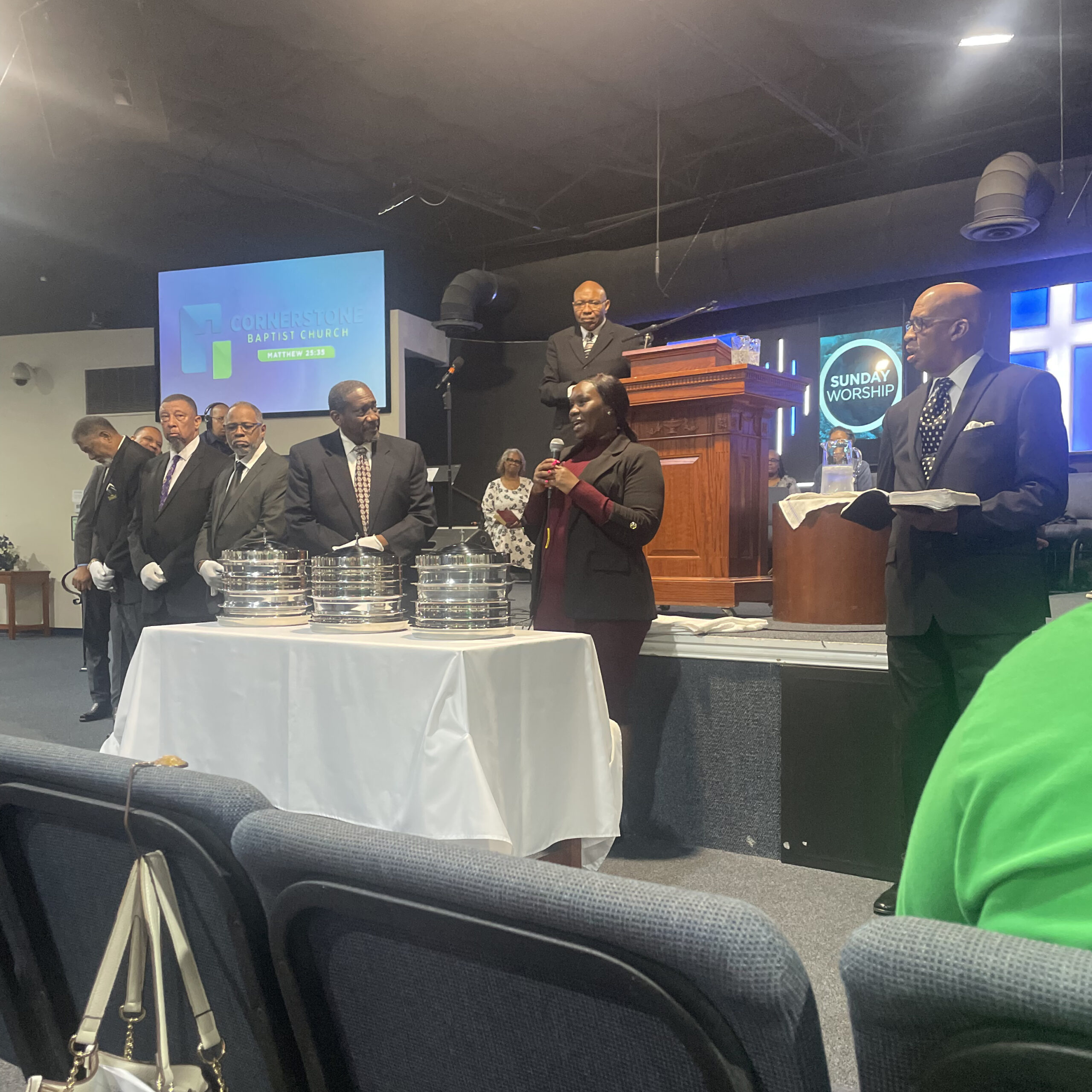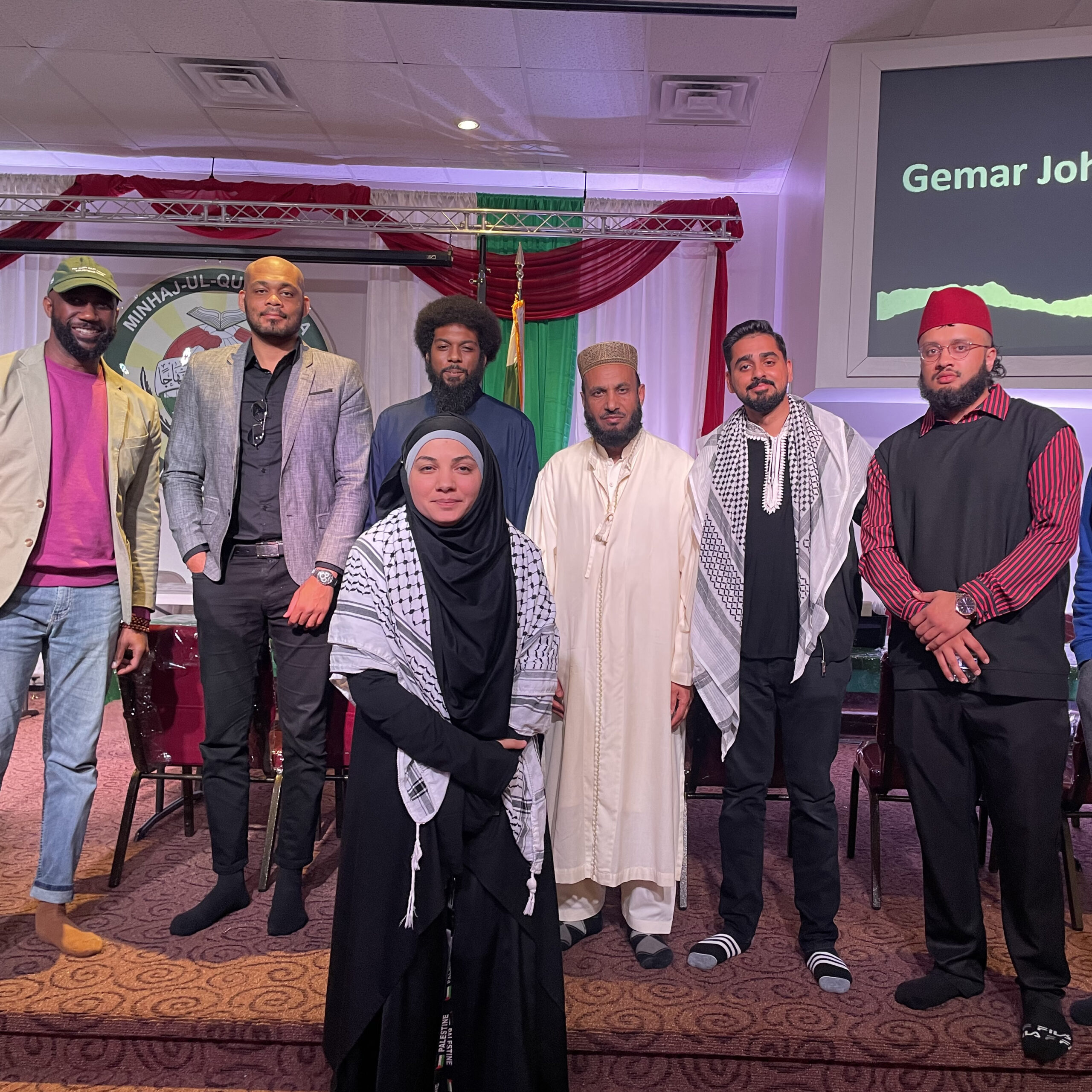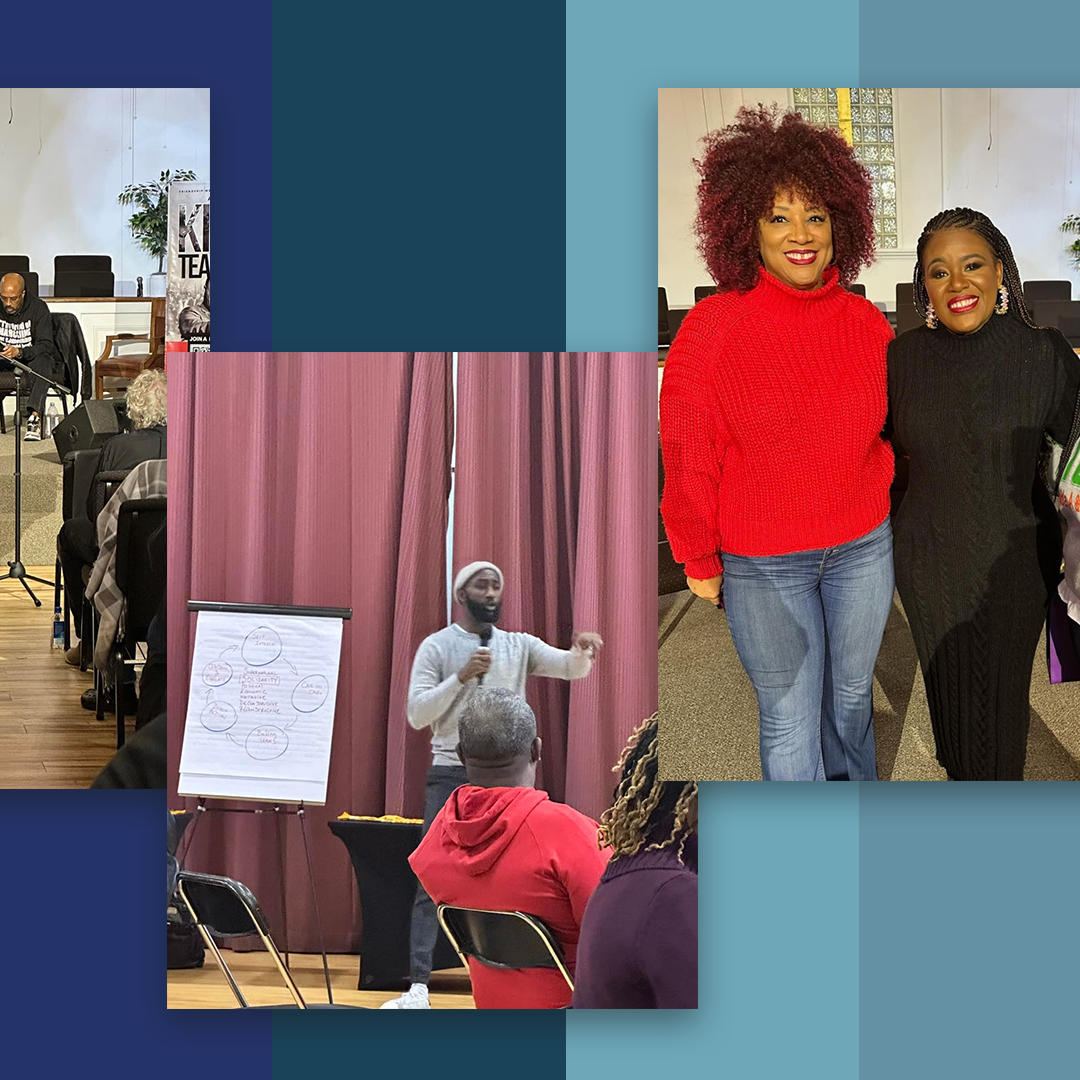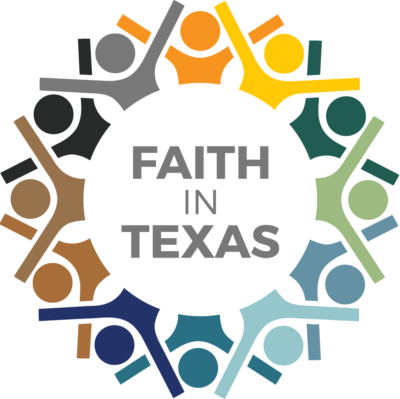In Texas, as elsewhere, evangelicals take many forms. In 2000, Texas was 53 percent non-Hispanic white and 32 percent Hispanic; by 2016, it was 43 percent non-Hispanic white and 39 percent Hispanic, with the state’s black population holding steady over time. And while most of the rising Hispanic population is Catholic, a growing number are evangelical Protestants, a trend emerging elsewhere both at home and overseas. Meanwhile, Pew Research Center identifies some 6 percent of Texans as belonging to historically black Protestant churches, which often share significant theological ground with white evangelical counterparts, despite vast social and cultural differences. Just as Texas is by no means the sole province of white evangelicalism, evangelical Christianity itself is by no means strictly white, or strictly conservative. Faith and politics in Texas swirl inside this multiracial, multifaith sphere.
A little before our trip to Farmersville, I met Lola Vinson and Wes Helm, members of a multiracial, progressive community organizing group called Faith in Texas, whose projects have included local criminal-justice reform, anti-police-brutality efforts, a living-wage campaign and agitation against predatory lending. Working with several faith groups in Texas, including evangelicals, is key to the organization’s mission, and I wondered how Vinson and Helm’s experience might have shifted since Trump’s ascendancy.
For Vinson and Helm, both progressive Christians, organizing across those lines comes naturally, a pillar of their shared work. But, they said, trying to operate across the breaches widened by Trump’s rise among evangelicals has been daunting. “All of that has gotten more difficult in the last two years,” Helm said.
Vinson pointed out that racial, political and ideological divides among different Christian groups, and even within evangelicalism itself, had always existed. But Trump, she said, has intensified them. “I see [Trump] as a figurehead, a representation of just a much larger … insidious movement, and ideology. None of this is new,” she added. “It’s just now been emboldened and brought to the surface because there’s someone on such a large platform with seemingly all the power uplifting this toxic rhetoric.” …
“I’ve seen a lot of evangelicals making arguments that I cannot imagine them making two or three years ago,” Helm remarked, “like trying to play devil’s advocate on things like the immigration policy, or locking up kids.” Justifying Trump’s policies regardless of whether they fit into a Christian ethical framework is, in Helm’s reckoning, “very much a devil’s bargain of like — yes, he’s awful; yes, he does not represent our values; but he’s allowing us to pack the courts with justices who do.”
Excerpted from The Washington Post. Read the full article here.
